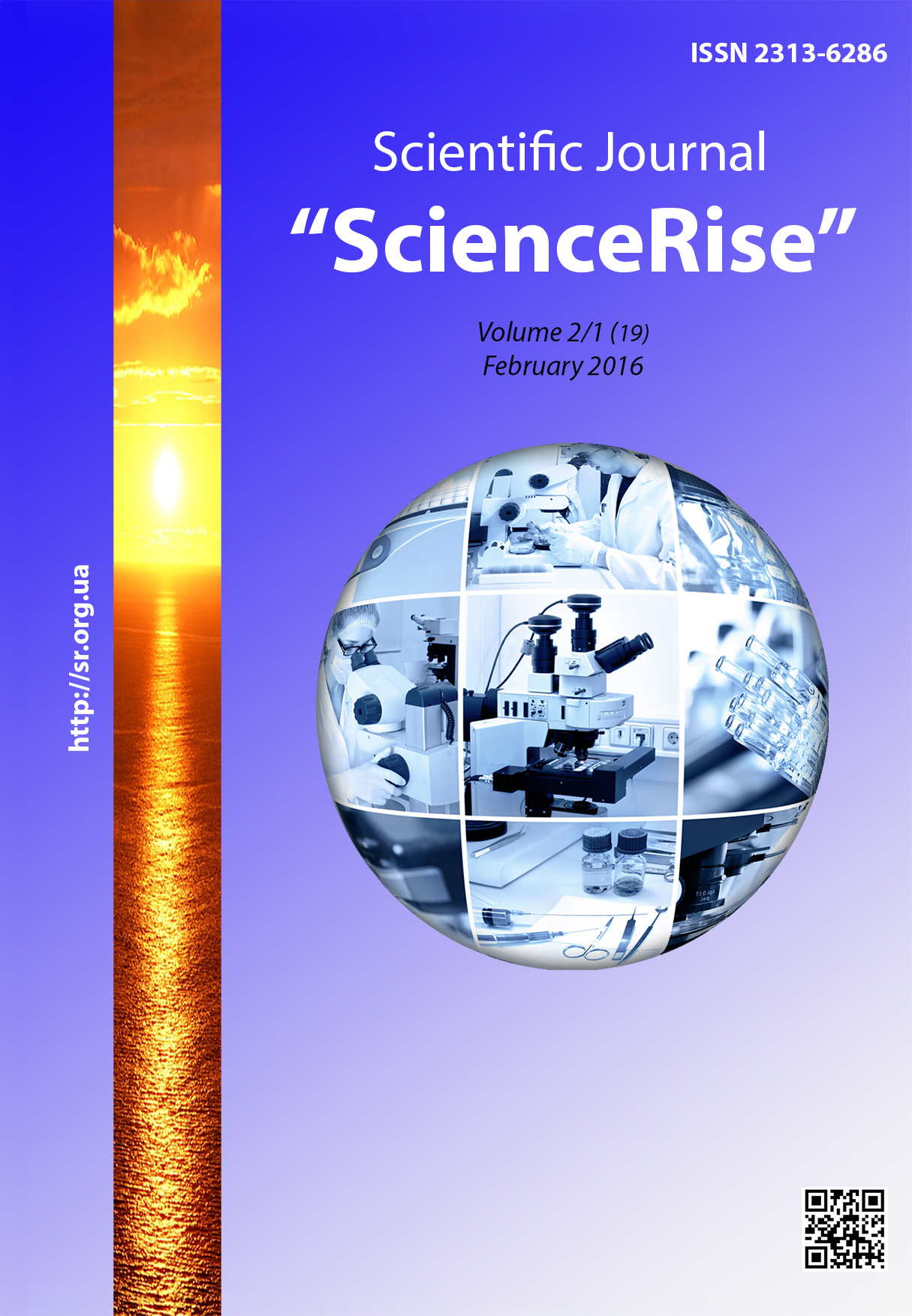Управління інтелектуальним капіталом як складова системи управління підприємством
DOI :
https://doi.org/10.15587/2313-8416.2016.60270Mots-clés :
економіка знань, інтелектуальний капітал, знання, управління інтелектуальним капіталом, довіра, корпоративна культура, стратегічне управлінняRésumé
У статті досліджено основні рівні управління інтелектуального капіталу підприємства. Наведено характерні особливості управління інтелектуальним капіталом підприємства. Встановлено цілі та переваги наявної системи менеджменту інтелектуального капіталу та вказано шляхи її вдосконалення. Розрізнено та охарактеризовано явні та неявні знання підприємства як важливі невід`ємні ресурси інтелектуального капіталуRéférences
Marr, B. (2008). Impacting Future Value: How to Manage your Intellectual Capital. AICPA, 34. Available at: http://www.journalofaccountancy.com/content/dam/jofa/archive/issues/2008/09/mag-intcapital-eng.pdf
María V. M. J. (2001). ICBS – intellectual capital benchmarking system. Journal of Intellectual Capital, 2 (2), 148–165. doi: 10.1108/14691930110385937
Ding, Y. (2010). Study on the Management of Intellectual Capital. International Journal of Business and Management, 5 (2). doi: 10.5539/ijbm.v5n2p213
Ordóñez de Pablos, P., Tennyson, R. D., Zhao, J. (Eds.) (2013). Intellectual Capital Strategy Management for Knowledge-Based Organizations. IGI Global, 307. doi: 10.4018/978-1-4666-3655-2
Kok, A. (2007). Intellectual Capital Management as Part of Knowledge Management Initiatives at Institutions of Higher Learning. The Electronic Journal of Knowledge Management, 5 (2), 181–192.
Pee, L. G., Kankanhalli, A. (2009). A Model of Organisational Knowledge Management Maturity Based on People, Process, and Technology. Journal of Information & Knowledge Management, 08 (02), 79–99. doi: 10.1142/s0219649209002270
Chmielewska-Muciek, D., Sitko-Lutek, A. (2013). Organizational culture conditions of knowledge management. Zadar, Croatia, 1363–1370. Available at: http://www.toknowpress.net/ISBN/978-961-6914-02-4/papers/ML13-463.pdf
Frappaolo, C. (2008). Implicit knowledge. Knowledge Management Research & Practice, 6 (1), 23–25. doi: 10.1057/palgrave.kmrp.8500168
Martins, E. C., Martins, N. (2011). The role of organisational factors in combating tacit knowledge loss in organisations. Southern African Business Review, 15 (1), 49–69. Available at: http://www.unisa.ac.za/contents/faculties/service_dept/docs/SABVIEW_15_1_chap%203.pdf
Pienaar, J. J., Du Toit, A. S. A. (2009). Role of the learning organization paradigm in improving intellectual capital. Journal of contemporary management, 6, 121–137. Available at: http://www.academia.edu/186014/Pienaar_J.J._and_Du_Toit_A.S.A._2009._Role_of_the_learning_organization_paradigm_in_improving_intellectual_capital._Journal_of_contemporary_management_6_121-137
Téléchargements
Publié-e
Numéro
Rubrique
Licence
(c) Tous droits réservés Аліна Олександрівна Осаул 2016

Cette œuvre est sous licence Creative Commons Attribution 4.0 International.
Our journal abides by the Creative Commons CC BY copyright rights and permissions for open access journals.
Authors, who are published in this journal, agree to the following conditions:
1. The authors reserve the right to authorship of the work and pass the first publication right of this work to the journal under the terms of a Creative Commons CC BY, which allows others to freely distribute the published research with the obligatory reference to the authors of the original work and the first publication of the work in this journal.
2. The authors have the right to conclude separate supplement agreements that relate to non-exclusive work distribution in the form in which it has been published by the journal (for example, to upload the work to the online storage of the journal or publish it as part of a monograph), provided that the reference to the first publication of the work in this journal is included.

